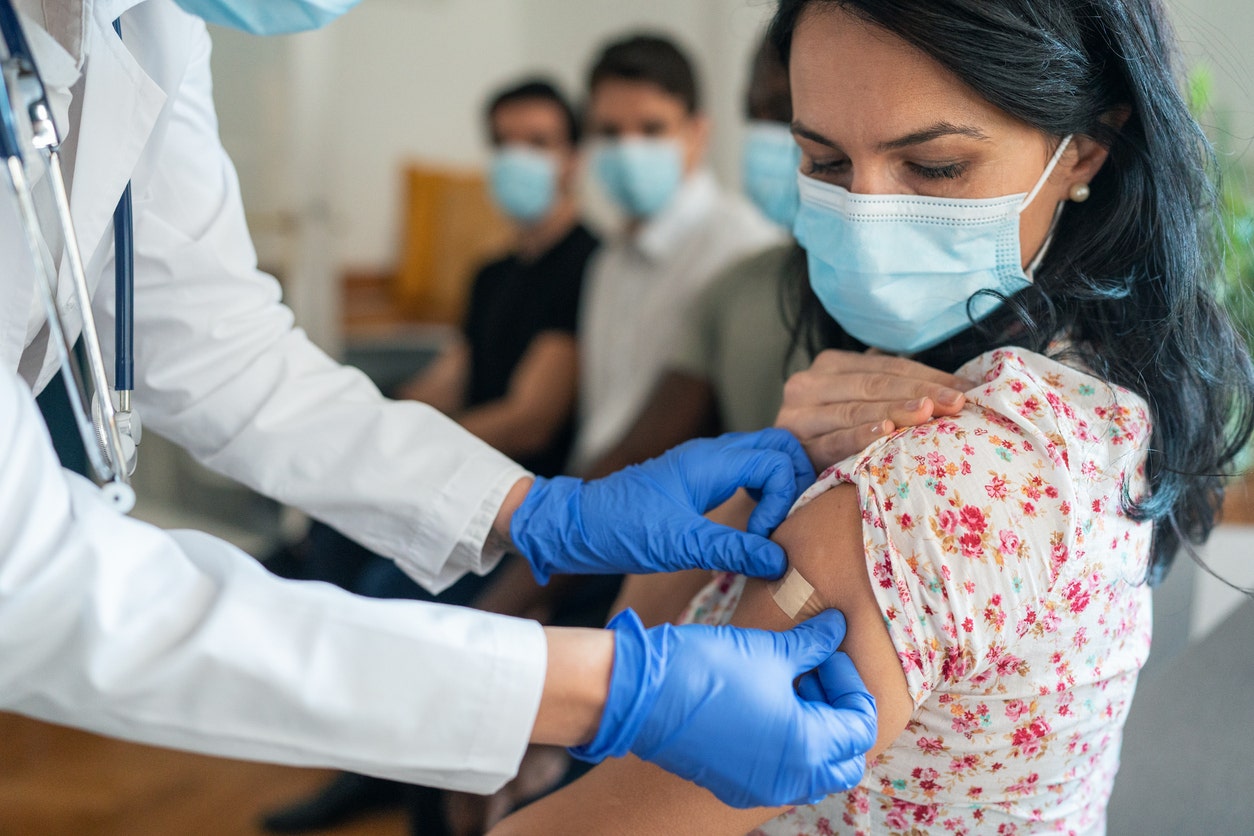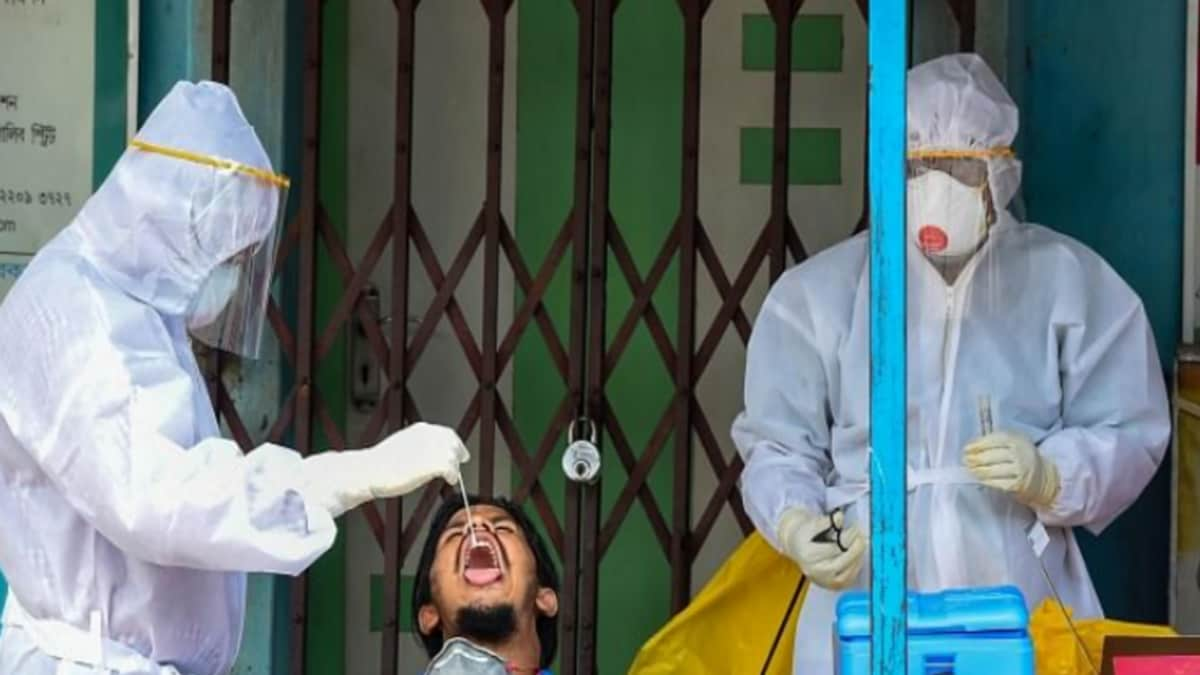Research has revealed a concerning twist linking COVID vaccines from companies like Pfizer, Moderna, and AstraZeneca to rare occurrences of heart, brain, and blood disorders.

Also Read: Atlantic Diet: Study Finds It May Shrink Belly Fat and Lower Cholesterol
The study, conducted by researchers from the Global Vaccine Data Network (GVDN), analyzed data from 99 million vaccinated individuals across eight countries.
Their plan was to monitor increases in 13 different medical conditions considered as adverse events of special interest following COVID-19 vaccination. These conditions included rare occurrences of heart, brain, and blood disorders.
Rare cases of myocarditis (inflammation of the heart) following doses of mRNA vaccines from Pfizer-BioNTech and Moderna, with the highest risk observed after the second dose of the Moderna vaccine.
Increased risk of pericarditis (inflammation of the cardiac muscle) after receiving certain doses of AstraZeneca’s viral-vector vaccine.
Higher likelihood of Guillain-Barre syndrome (a rare neurological disorder) and blood clots following vaccination with AstraZeneca’s vaccine.
Elevated risk of neurological disorders such as acute disseminated encephalomyelitis after both mRNA and viral-vector vaccines.
Also Read: Ohio Bans Child Transgender Procedures, Overriding Governor’s Veto
Experts address that the benefits of vaccination outweigh the risks. Dr. Jacob Glanville, CEO of biotechnology company Centivax, says that the odds of experiencing adverse events following COVID-19 infection are much higher compared to vaccination.
Therefore, vaccination remains the safer choice in preventing severe illness and complications associated with COVID-19.
The study’s findings underlines the importance of continuous monitoring and evaluation of vaccine safety.
While rare adverse events have been identified, it’s essential to contextualize these risks within the context of the COVID-19 pandemic.
Vaccination remains a crucial tool in controlling the spread of the virus, preventing hospitalizations, and saving lives.
Vaccination has been crucial in reducing the severity of illness, preventing deaths, and curbing the spread of the virus.
The risks identified in the study remain relatively low compared to the overall number of doses administered globally.
Also Read: WHO Issues Warning Over Measles Cases in Europe
























